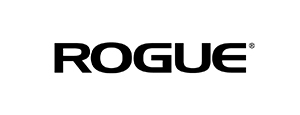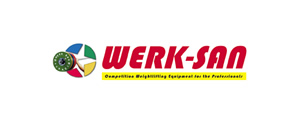IWF Executive Board upholds decision related to Member Federations which have produced three or more retesting cases
IWF takes latest step in ongoing anti-doping reform to encourage the protection of clean athletes 30 September 2017; Bucharest, Romania: The International Weightlifting Federation (IWF) Executive Board (EB) today unanimously decided that Member Federations (MFs) found to have produced three or more Anti-Doping Rule Violations (ADRV) in the combined re-analysis process of the 2008 and 2012 Olympic Games shall be suspended for one year. The MFs which have been identified as such are currently Armenia, Azerbaijan, Belarus, China, Moldova, Kazakhstan, Russia, Turkey and Ukraine. The IWF EB meeting took place in Bucharest with anti-doping at the very top of the agenda.The Tbilisi Commission which had been appointed by the EB in April had conducted a thorough investigation into the matter and presented its recommendation to the EB today. The EB is now drafting the reasoned decisions which are scheduled to be sent to the MFs and to take effect in mid-October. The IWF is fully committed to protecting clean athletes and is implementing robust anti-doping measures at both international and Member Federation level to address the incidence of doping in the sport. IWF President Tamas Ajan said: “At the IWF we have made it clear that the incidence of doping in some areas is totally unacceptable and that our Members have a responsibility to ensure clean sport in their countries. If they do not fulfil their responsibilities to ensure their lifters are clean then they will lose their right to participate. But we will not turn our backs on them; we will continue to work with them, WADA and their National Anti-Doping Agencies to support their anti-doping activities and help make cultural change. “There is no doubt that the IWF Anti-Doping Programme has advanced enormously since Beijing 2008 and London 2012. The culture of the sport has already changed in many places over the last ten years. But we are committed to doing more and we will do more. Through our Clean Sport Commission we are not just looking at how we overcome current issues but how we can innovate with new testing and anti-doping measures for the benefit of all sport.” Context and timeline of the “Tbilisi Decision” On 22 June 2016 the IWF Executive Board outlined a Policy related to the results of the Beijing 2008 and London 2012 reanalysis, the so called “Tbilisi Decision”: “IWF Executive Board has decided that National Federations (NFs)* confirmed to have produced 3 or more Anti-Doping Rule Violations (ADRV) in the combined re-analysis process of the 2008 and 2012 Olympic Games shall be suspended for 1 year” Before the Olympic Games in Rio, only two of the reanalysis cases were closed by IOC. The last IOC decisions became final on 28 August 2017. In the meantime, three countries filed appeals with the Court of Arbitration for Sport against the EB's decision of 22 June 2016. CAS rendered its award in March 2017 on which the IWF EB immediately started its follow-up measures. During its meeting of 2 April 2017 in Bangkok, Thailand, the Executive Board outlined the principles of the procedure to be applied in respect of potential breaches of the Policy and decided to appoint a Committee composed of three Members to investigate any potential breach of the Policy and make recommendations to the Executive Board for decision. The Commission conducted a thorough investigation discussed during its meetings of 9 June and 9 September. The outcome was presented to the IWF EB and approved unanimously














